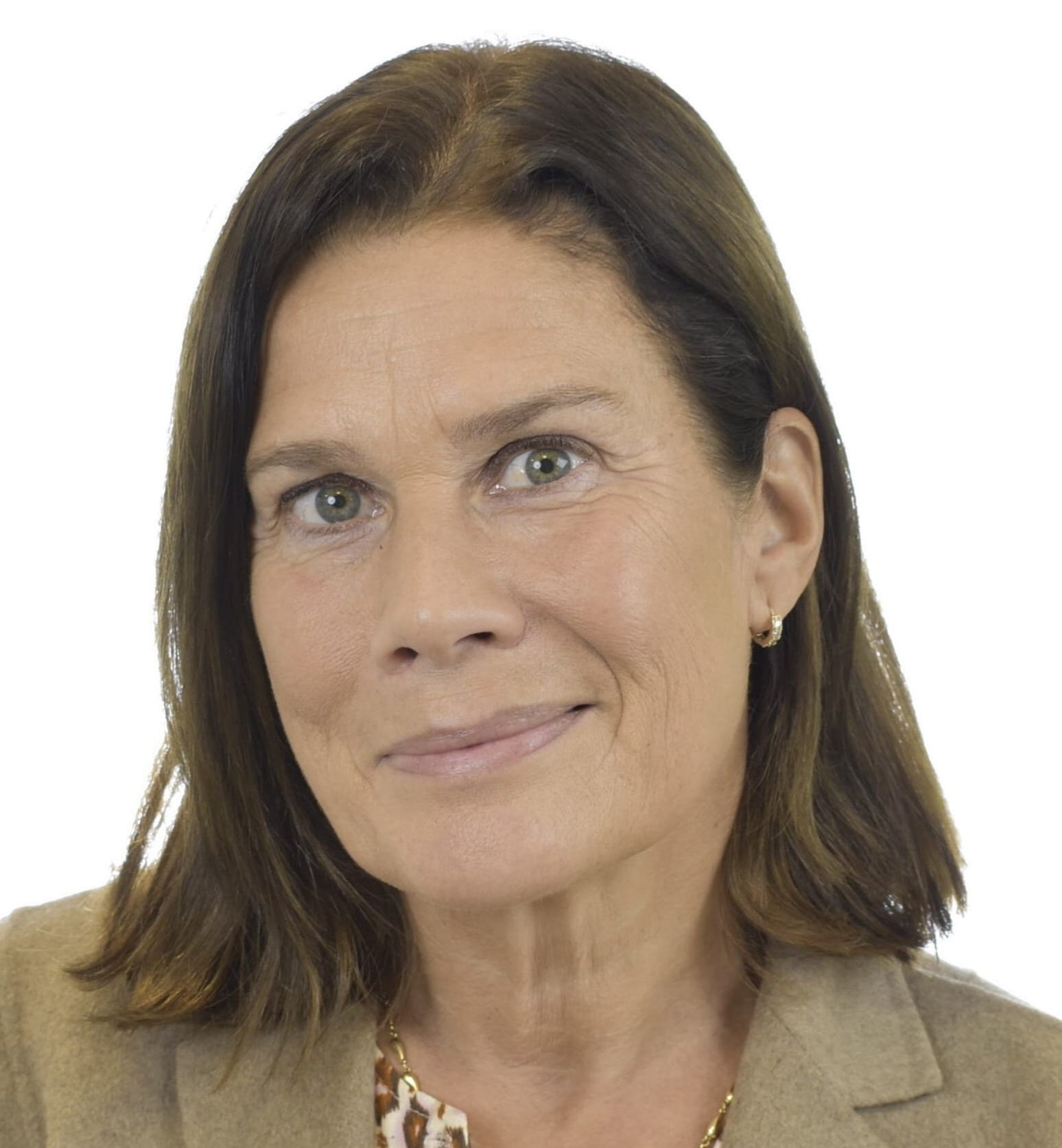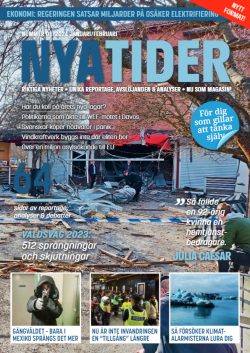The former President of Republika Srpska (RS) Dragan Čavić accuses the government of effectively giving away power over the country to foreign creditors such as the IMF. Luka Petrović, Secretary General of the Union of Independent Social-Democrats (SNSD) which is the ruling party in RS, denies this and insists the government has cut financing from the IMF. On the contrary, he accuses the opposition of being financed by forces in the West, aiming at destabilising RS, a fairly well-functioning entity in this turbulent part of Europe.
On May 14 the tension escalated as the first mass protest of the opposition against the economic crisis in the country – particularly, against unemployment, massive delays of social payments and arrears of wages – was announced. The demonstration was tallied with another meeting, called for later and held in close proximity to the opposition protest – the meeting in support of the government and President Milorad Dodik personally.
The proximity of the two opposing masses of people was fraught with conflict. Alarmist statements the days before the event appeared not only in local media, but also at the press conference of the Minister of the Interior of the RS, who warned about riots plotted by the opposition. Later the Prime Minister of Serbia Alexander Vucic made similar claims, referring to secret-service intelligence. More than two thousand policemen from all over the Republic had been concentrated in Banja Luka, the capital of Republika Srpska. All stores, restaurants and offices were closed on the day of the meeting; the streets were blocked down-town in order to prevent even a hypothetical clash of the demonstrators with opposing political convictions.
The opposition held the protest under the motto “Free the [Republika] Srpska!” and put forward a series of demands of a predominantly political character, in spite of the initial social and economic agenda of the event. Among them: holding snap parliamentary and presidential elections, forming a provisional government of national salvation, reform of the media (that are under government control), etc.

The Interior Ministry issued a ban prohibiting the opposition meeting to march to the city center, citing security concerns. Despite this, the organizers held an allegedly spontaneous protest march, in which about six to seven thousand people participated. They abstained, however, from marching towards the centre of the city, where the pro-government meeting had finished earlier, and gathered at the parking lot for some 150 buses that had brought a part of the demonstrators.
The meeting in support of the government was held in a more positive atmosphere under the motto “With our hearts for the [Republika] Srpska! Stop treason”, and the number of its participants was significantly greater than that of the opposition crowd – altogether about ten thousand people demonstrated. A number of them was also brought by buses, some 200, leased by the ruling SNSD party.
The keynote of the speech by President Milorad Dodik was the following: the people of the RS are united and will determine their future without any orders from the West, which the opposition serves. The President concluded his speech, which also served as the finale of the event, with the well-known Serbian song “No one is able to do anything to us – we are stronger than destiny itself! Those, who do not like us, have only got to hate us!”

Fortunately, no incidents occurred, and both events went peacefully – and that was what the speakers of both parties had called for. Nevertheless, political tension remains, and the opposition claims that this is “the beginning of the end of the authorities in power”. We should note in conclusion that such political confrontation in Republika Srpska occurs against the background of official Banja Luka’s resistance to reforms imposed on it by Brussels and Sarajevo. These reforms of Bosnia and Herzegovina’s political structure form part of “the adoption of the coordinating mechanism for the European integration process”, in which the Serbian section sees the next attempt to strip its entity of a series of powers and ultimately to create a unitarian state in which it will be a powerless minority.
Earlier this year, the opposition block “Alliance for Change” demanded that a case be filed against the Prime Minister of the Republika Srpska, Željka Cvijanović and Minister of Finances Zoran Tegeltija, both from the ruling SNSD, accusing them of receiving a USD 300 million loan from the American credit foundation Global Bancorp Commodities & Investment (Sarasota, Florida, USA) behind the back of the People’s Assembly and calling it a violation of the Constitution. It is interesting that, according to media reports, the foundation is headed by a citizen of Russia, and RS President Milorad Dodik discussed the conditions of the loan in the course of his visit to Moscow in October of last year.
The authorities of RS have answered by accusing the opposition of working in the interest of the West. The allegations were soon backed up by documents published by a popular Serbian newspaper, The Informer. The documents were said to prove that the leaders of Alliance for Change were receiving money from the infamous billionaire George Soros – half a million US dollars in total. In particular, Mladen Bosić, the leader of the opposition Serbian Democratic Party allegedly received 97 000 USD, while his coalition partner, the leader of the National Democratic Movement and the former president of Republika Srpska, Dragan Čavić, was granted 214 000 USD. The opposition leaders themselves deny the allegations saying that the documents were falsified. They are also going to sue the newspapers that published the documents for defamation.
Interviews:
































